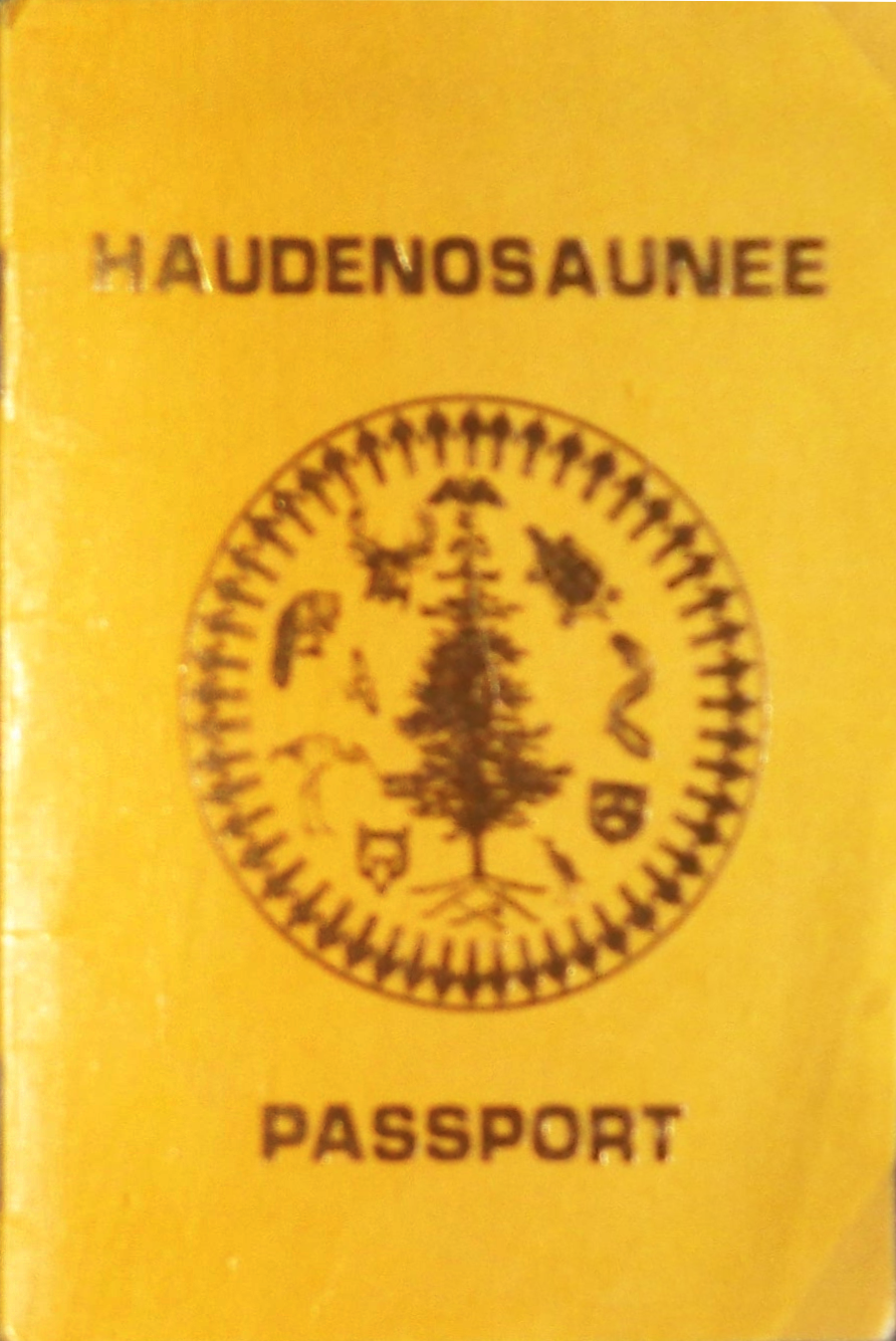When settlers discuss the concept of Indigenous nationhood, the term “capacity” often comes up, as in Indigenous peoples lack it.
There might be some recognition that we governed ourselves before contact, though rarely is any respect or understanding shown of those socio-political orders, but the opinion of the majority of Canadians is that we cannot govern ourselves today because we lack the capacity to do so.
The proof usually given to support this assertion is that we are not currently governing ourselves as nations, according to settler definitions of nationhood. To which I reply, of course we aren’t! Canada is attempting to govern us via colonial agents who aggressively interfere with our traditional socio-political orders, continuing to displace those orders with foreign structures dressed up in pseudo-Indigenous lingo.
What settlers seem to be expecting is that Indigenous nationhood will arise out of “succeeding” through a Canadian model of governance, which will then prove that we have earned the right to “experiment” with our traditional models. Predictably, there is the underlying message that we won’t ever really make it to that point, either because we will fail at the outset, or we will succeed at the first step and then recognise that the Canadian model is indeed the best for all of us.
The word capacity refers to the maximum amount that something can contain. Thus, according to many settlers, our spaces of nationhood are not full enough to function properly.
What exactly is lacking? Well all manner of stereotypes could be discussed at this point, but what it all really boils down to is that we do not govern ourselves as Canadians do, according to settler values. Few politicians will state it directly, but the fact remains that we will be seen as having capacity only when we have become fully assimilated as Canadians. At that point, all the resistance to our desires for autonomy and to be fully self-governing will melt away because they will no longer be “necessary.” We will have become our own colonisers.
Although I disagree that Indigenous peoples lack the capacity to exercise Indigenous nationhood under the current colonial circumstances, I do not believe that our spaces of nationhood are full enough to function properly. And, unsurprisingly, my ideas about what belongs in those spaces differ considerably from settler expectations.
To me, Indigenous resurgence means filling Indigenous spaces with our socio-political orders from the smallest individual unit to the largest communal grouping. These spaces will not become full with things, but with actions.
Resurgence means building capacity in the most authentic sense: beginning with the individual and spreading out to encompass all of our peoples within a web of interrelated relationships. It is the work of generations, and short-term advances that sacrifice these relationships for economic gain often leak out of our spaces of nationhood. I do not believe that our spaces must be completely filled before we are able to engage in Indigenous nationhood. In fact, unless we engage in action, we will never have hope of filling them. Nationhood is not a final destination it is a process of strengthening relationships — and claiming space.
All our actions today flow from the actions of those who have come before. We are not the starting point of resurgence. We exist stretched along a hoop, joined both to the past and to the future. Resurgence is renewal; it has always existed.
State violence has reached into our spaces of nationhood and scooped out tens of thousands of our children, scooped out hundreds of thousands of our tongues, scooped out millions of square kilometres of our lands and claimed all of it for Canada. Despite this, state violence has not managed to empty our spaces, much less destroy them outright. State violence has not completely stopped us from exercising Indigenous nationhood within our families, communities or territories. It has merely interfered with our ability to act. This interference is what reduces our capacity. The more we exercise our nationhood, the more capacity we have to act, renew, and resurge as nations.
To me, resurgence means we are committing ourselves to work that will provide foundations on which future generations can continue to build. To be honest, only this view prevents me from succumbing to despair. Only this view reminds me of the love that binds us to our ancestors and to our descendants.
Knowing that this work is generations in the doing does not diminish the energies required. We have a short period of time individually to make our actions count, to raise and support healthy families, to regrow our tongues, to relearn the contours of our lands.
For me, the most important actions we can take to resurge involve rebuilding and strengthening our relationships to the land, and to one another through our languages. Language and land can provide us with the guidance we need to restore all our relationships, to build capacity, to exercise Indigenous nationhood. Perhaps that sounds simple and trite, yet it is anything but. We struggle with profound disconnection and with state violence that has only grown hungrier while at the same time becoming more cleverly disguised.
Our resurgent actions are the only counter to the continuing interference of state violence.
This can be frightening, because it suggests that even our smallest actions are a threat to colonial domination and the suppression of Indigenous nationhood. So let’s turn that around and celebrate it: Even our smallest actions are a threat to colonial domination and suppression of Indigenous nationhood!
Image: wikipedia commons



